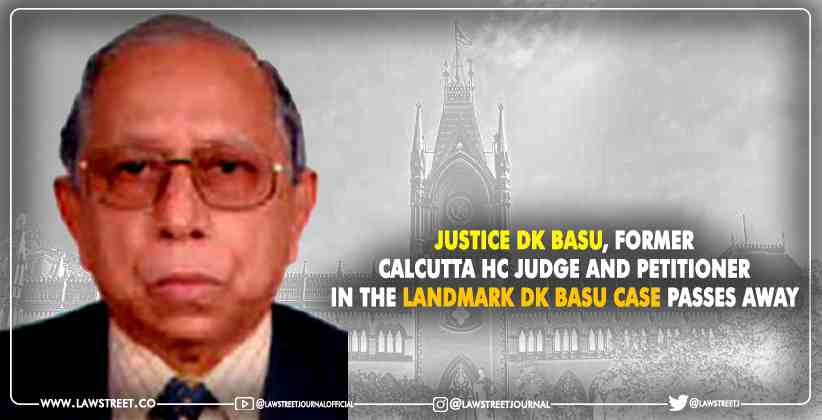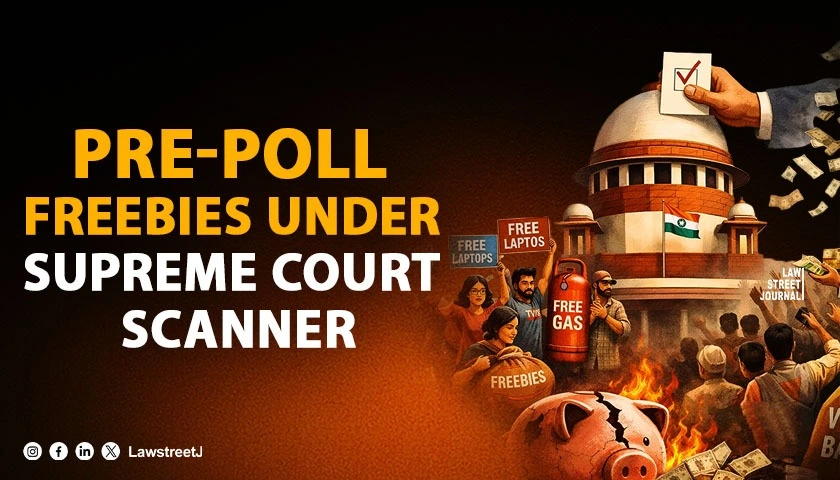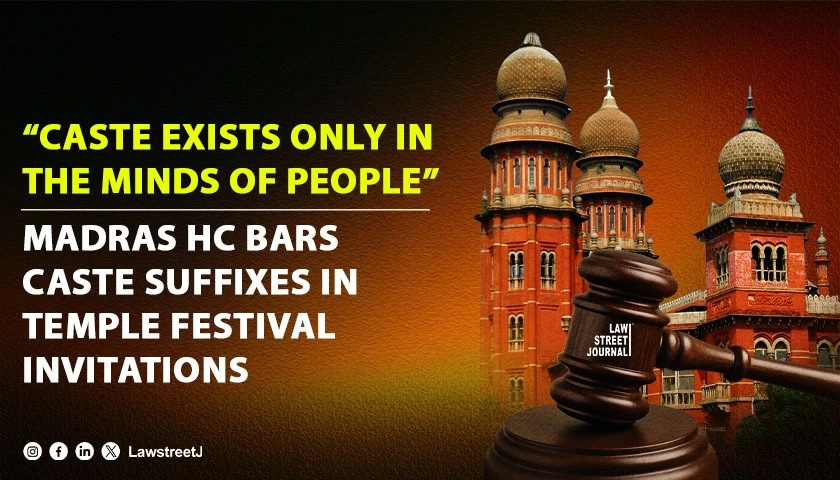Justice DK Basu, a former Calcutta High Court judge, died today (10th May, 2021) at 3.20 a.m. at Peerless Hospital.
He was one of the petitioners in the landmark case of DK Basu v. State of West Bengal (AIR 1997 SC 610), in which the Supreme Court established guidelines for police to follow while making arrests. The case was initiated by the Supreme Court based on a letter sent to then Chief Justice of India, PN Bhagwati by D.k Basu, who was then a Senior Advocate.
Justice Basu began his legal career as an Advocate in both the Calcutta High Court and the Supreme Court. In 1987, he was appointed to the Calcutta High Court as a Judge. He was the Chairman of the West Bengal Legal Aid Services (LASWEB). He has also served as the Chairman of the National Committee for Legal Aid Services - India .
He is the founder of the Association of Retired Supreme Court and High Court Justices of India. Justice Basu is also the founding president of the West Bengal Association of Retired Justices.
In February 2006, he took part in a consultation on the Asian Charter on Rule of Law in Hong Kong, which was organised by the Asian Human Rights Commission. In April 2006, he served as an International Observer in Sri Lankan Trial Courts for the Asian Human Rights Commission, based at The Candy High Court. Justice Basu was a consultant in the Amnesty International India-sponsored Training Program for the Lower Judiciary in India.
DK Basu's Judgment
On August 26, 1986, DK Basu, Executive Chairman of Legal Aid Services, West Bengal, a non-political organization, wrote to the Supreme Court of India drawing its attention to certain news articles published in the Telegraph Newspaper about deaths in police custody . He urged that the letter be treated as a Writ Petition within the context of the "Public Interest Litigation."
Given the gravity of the issues raised in the letter, it was treated as a written Petition, and the Defendants were notified. While the writ petition was being considered, Mr. Ashok Kumar Johri wrote to the Chief Justice of the Supreme Court, drawing his attention to the Mahesh Bihari from Pilkhana, Aligrah, who was died in police custody.
The same letter was also handled as a request for writing and was included along with D. K Basu's request for writing. On 14/08/1987, the Court issued an Order notifying all state governments, as well as the Law Commission, requesting appropriate suggestions within a two-month period. Several states, including West Bengal, Orissa, Assam, Himachal Pradesh, Haryana, Tamil Nadu, Meghalaya, Maharashtra, and Manipur, filed affidavits in response to the notification.To assist the Court, Dr. A.M.Singh vi, Principal Counsel, was appointed as an Amicus Curiae. Useful assistance to the Court were provided by all the Attorneys to the Court . [Extracted from the DK Basu Decision ]
Supreme Court Guidelines in the DK Basu Case
- The police officers who conduct the arrest and interrogation of the arrested person should bear accurate, visible, and clear identification and name tags with their designations. All police personnel who handle the arrestee's interrogation must have their information recorded in a register.
- A memo should be prepared at the time of the arrest by the police officer carrying out the arrest , and that such memo shall be attested by at least one witness, who may be a member of the arrestee's family or a respectable person from the locality where the arrest is made. It must also be countersigned by the arrestee and include the time and date of the arrest.
- A person who has been arrested or detained and is being held in custody in a police station, interrogation centre, or other lock up has the right to have one friend, relative, or other person known to him or having an interest in his welfare informed, as soon as practicable, that he has been arrested and is being detained at the specific location, unless the attesting witness of the memo waives this right.
- The time, place of arrest, and venue of custody of an arrestee must be telegraphically communicated by the police to the next friend or relative of the arrestee who lives outside the district or town via the Legal Aid Organization in the District and the police station of the area concerned within 8 to 12 hours of the arrest.
- As soon as he is arrested or detained, the arrested person must be informed of his right to have someone informed of his arrest or detention.
- At the place of detention, an entry must be made in the diary regarding the arrest of the person, which must also reveal the name of the next friend of the person who has been informed of the arrest, as well as the names and contact information of the police officials in whose custody the arrestee is.
- The arrestee should be examined at the time of his arrest, if he so requests, and any major and minor injuries on his/her body should be recorded at that time. The 'Inspection Memo' must be signed by both the arrestee and the officer making the arrest, and a copy must be given to the arrestee.
- Every 48 hours during his detention in custody, the arrestee should be subjected to a medical examination by a trained doctor from the panel of approved doctors appointed by the Director, Health Services of the concerned State or Union Territory. The Director, Health Services should prepare such a panel for all Tehsils and Districts as well.
- Copies of all documents, including the arrest memo mentioned above, should be sent to the Magistrate for his records.
- The arrestee may be allowed to meet with his lawyer during interrogation, but not for the duration of the interrogation.
- All the district and state headquarters should be provided with a Police Control Room where information about the arrest and the arrestee's place of custody should be communicated by the officer causing the arrest within 12 hours of the arrest and displayed on a conspicuous notice board.






